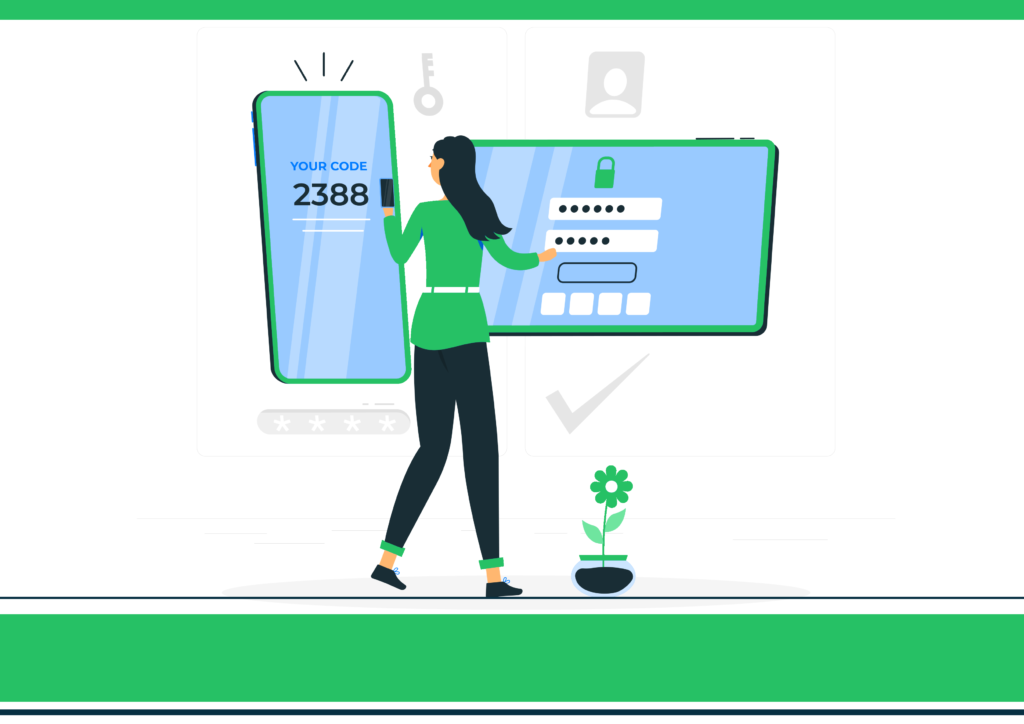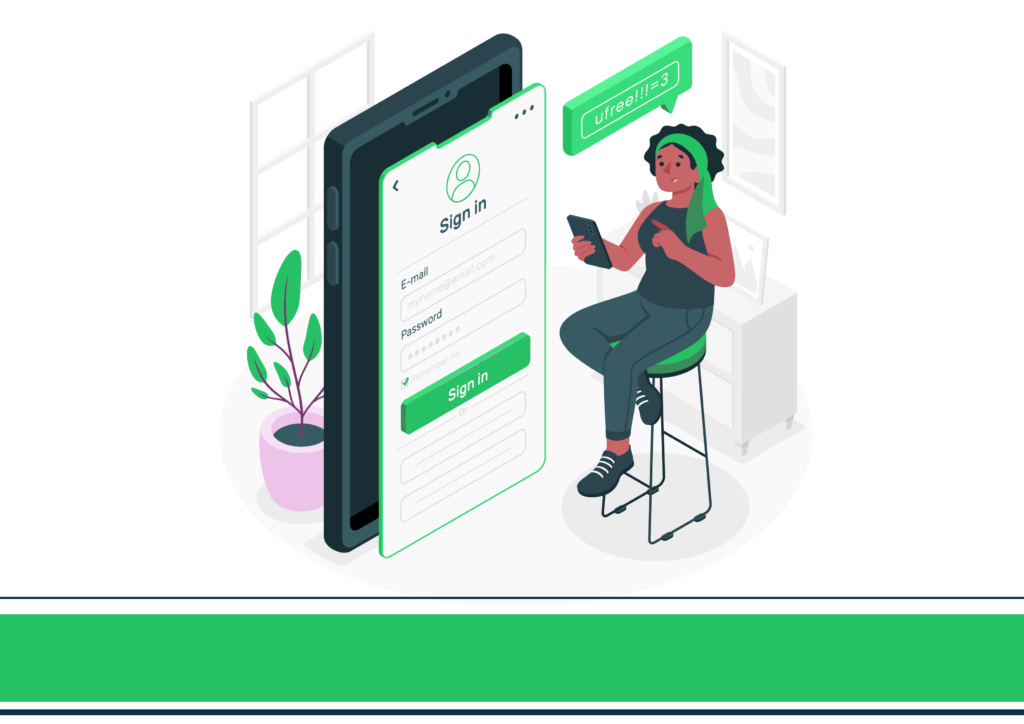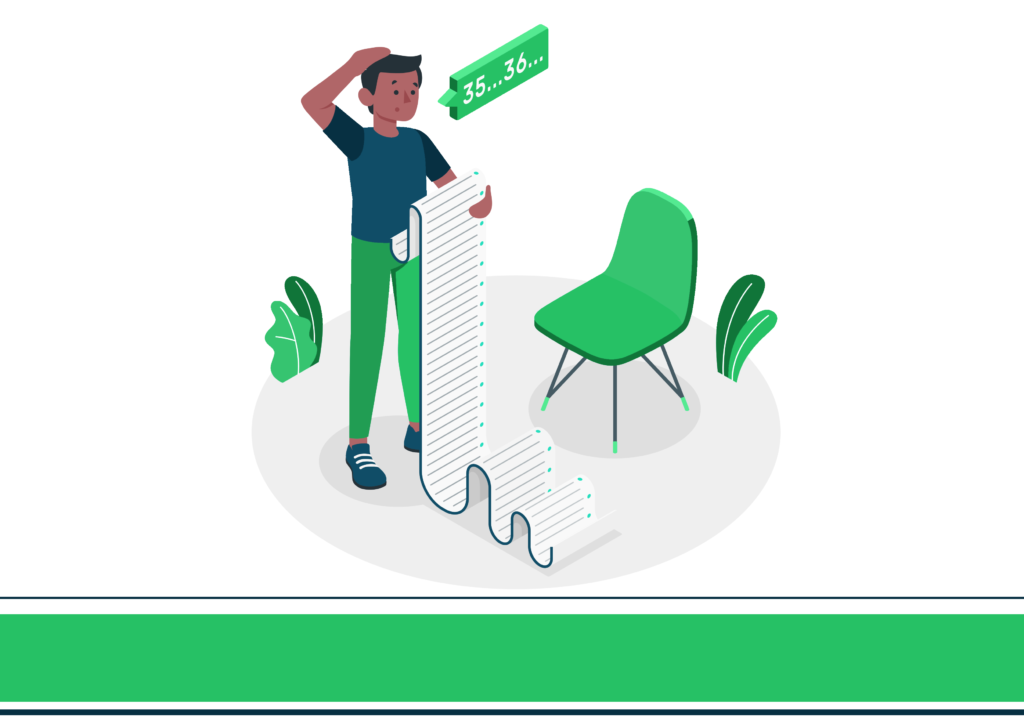My phone rang suddenly, breaking the silence of the night. It wasn’t an alarm; it was a call from an unknown number at an odd hour—3:46 am. I wondered who could be calling at such an inconvenient time. Little did I know that call was a stark reminder of the unending battles we face as digital citizens.
As I reluctantly answered the call, the caller yelled; “Saviour! Saviour!”
Instantly, every trace of sleep vanished from my eyes. I felt shocked, terrified, and profoundly uncomfortable.
I replied, “Who is this?” My curiosity peaked.
The caller responded, “Don’t worry about me; you don’t need to know me. It’s about your brother, Chibuzor. He’s just been hospitalized.”
I was stunned. My brother, Chibuzor, was a second-year Sociology student at the University of Nsukka. I lived and worked in Lagos, more than 450 kilometres away. There was no way for me to confirm this information.
The caller urged, “There’s no time to waste; we must treat this as urgent. Send ₦350,000 to us now for your brother’s blood transfusion.”
As I contemplated what to do about the situation, I was struck by an epiphany, one that would save the rest of my night from needless worries. Chibuzor was upstairs in his room, soundly asleep. He had returned home from school that evening for the easter holidays.
In that instant, it dawned on me that it was all a scam and that I had come close to handing money over to a scammer.
For a long time, I pondered how the scammer knew so much about my brother, Chibuzor, and his location. It was only later that I recognized I had shared too much information about my family on the internet, not out of boastfulness, but merely being proud of them. Unfortunately, this personal information was being exploited against me. This episode is not isolated; rather, it represents a broader issue: how our digital lives, which are frequently driven by sincere excitement, can unintentionally serve as a vehicle for malicious intent.
We had encountered various scams in different forms, such as receiving SMS claiming job offers or seeing misleading job advertisements in public places.
Fraud and scams have become increasingly prevalent in the world today, especially with the rise of social media and the inadvertent sharing of sensitive information that could be exploited by social engineers – people who exploit human error for malicious intents.
Why Security is Important
Security is crucial because it safeguards your personal information and financial assets. Scammers continually devise new tactics to deceive people, making it vital to stay informed about the latest scams and take proactive measures to protect yourself.
Security Measures to Prevent Scams
Here are several security measures you can implement to avoid falling victim to scams:
1. Two-factor authentication:

With 2FA, after entering your password, you’ll be prompted to provide a second form of verification, typically sent to your mobile device. (This could be a one-time code generated by an authenticator app or sent via SMS) Even if your password is compromised, unauthorized access is significantly more challenging without the secondary authentication step.
2. Use unique passwords:

Avoid using the same password for multiple accounts. Using different passwords for each application enhances your security. Regularly changing these passwords maintains protection against external and internal threats. Also, creating strong security questions with answers that are not easily guessable or can be found on social media is a good extra layer of security.
3. Avoid public Wi-Fi networks:

If you must use public Wi-Fi, refrain from accessing sensitive information, such as your bank account, without using a VPN (virtual private network) to encrypt your data.
4. Visit encrypted websites: Only visit websites that are encrypted (beginning with https://) to protect your data from interception by scammers.
5. Beware of online challenges:

Be cautious when participating in online challenges that ask for personal information, like your date of birth or favourite pet. Many of these questions can be exploited by social engineers. An example of such will be framed like this “The last food you ate is the name of your pet plus your favourite colour”.
6. Monitor bank statements:

Regularly review your bank statements and if you notice any unfamiliar transactions, report them to your bank immediately. You can obtain a copy of your bank statement from your bank at any time.
Be relentless about ensuring your security. Take proactive steps to safeguard your online presence. Start by enabling two-factor authentication on all your accounts that offer this feature. Update your passwords regularly and ensure they are unique for each account. When using public Wi-Fi, employ a VPN to encrypt your data, and always double-check that the websites you visit are encrypted with “https.”
Remember, staying secure online requires a combination of proactive measures and ongoing awareness. By adopting these practices, you can significantly reduce the risk of falling victim to scams and unauthorized access. Take control of your online security today!







